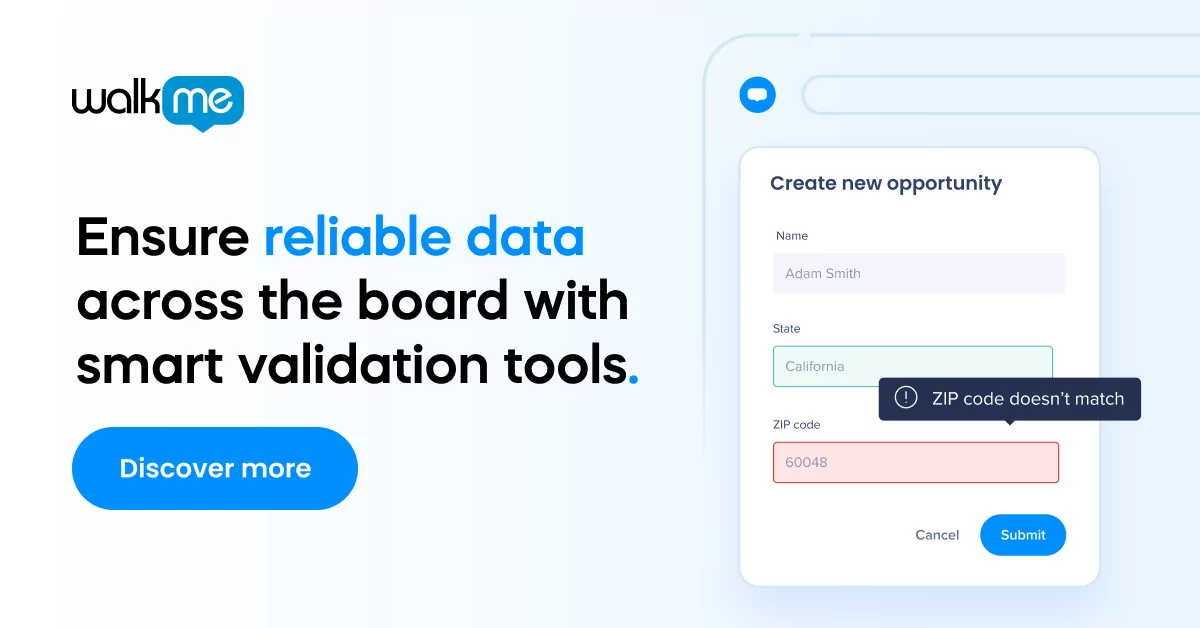A Salesforce certification can be a great way to boost a Salesforce professional’s career, especially in today’s market.
The demand for Salesforce expertise is spiking and it will continue to do so for some time to come.
Before applying for a certification program, it’s important to carefully weigh the benefits against the disadvantages, evaluate one’s own career track, and assess future marketplace trends.
5 questions to ask before investing in a Salesforce certification
1. What is the future outlook for Salesforce?
Continuous change is constant today, so it is important to answer this question before placing a bet on any specific software platform.
Fortunately, the answer to this question is easy.
Salesforce’s growth beat expectations in 2020 and it continues to acquire other majorly influential businesses, such as Slack.
Given current trends, the continued expansion of this massive CRM platform is all but assured, promising both security and opportunity for careers that revolve around this tool.
2. How useful will certification be for me and my career?
There are clear benefits to Salesforce certification, but this specific training is not always useful for everyone.
For instance, someone who specializes exclusively in Salesforce, such as Salesforce Administrators or Salesforce Developers will certainly benefit from the official recognition. Other sales professionals who use the tool regularly can also benefit.
This point, which we could call “job-training fit,” is one of the most important to pay attention to—it will determine which certification is most suitable or whether one can prove to be lucrative at all.
3. Which Salesforce certification is best?
When diving into the question of one’s job or career path, the next question to consider is which certification to choose.
After all, at the time of this writing, there are more than two dozen certifications organized according to Salesforce roles:
- Admins
- App builders
- Implementation experts
- Marketers
- Pardot consultants
- Developers
- Technical architects
Check out Salesforce’s list of certification exam guides for more information.
Naturally, if one’s own career falls into any of these specific categories, the choice is an easy one. Someone who is intent on becoming a Salesforce administrator, for instance, would consider investing in an administrator or advanced administrator certification.
Many people’s job roles are not so clear-cut, however, so it may be necessary to dig deeper into the potential training choices to find the right fit—or to look beyond Salesforce at other options, such as digital adoption certifications, as we’ll cover below.
4. Is the certification I’m looking at “official”?
Through its online learning portal, Trailhead, Salesforce provides extensive information about each certification and authorized training provider.
It should go without saying that an authorized certification carries more value than unofficial training programs.
This is not to say that unofficial training programs lack value, though.
Online training options such as Udemy, for instance, offer plenty of in-depth courses at reasonable rates. For certain users, these can be excellent choices and in some cases, even more practical. People who use Salesforce daily but aren’t planning to become specialists may opt for this route.
Sales managers may also choose to implement in-house training tools, such as digital adoption platforms (DAPs).
DAPs are training overlays that operate synchronously atop other applications, such as CRM platforms. WalkMe for Salesforce, for instance, can be used to streamline Salesforce onboarding, training, and technical support.
To sum up: unofficial education options can be just as useful as official ones, particularly for those not pursuing a career as a Salesforce specialists. As we’ll see next, however, specialists looking to boost their skills and careers may want to look beyond Salesforce itself at other types of training.
5. What other certifications can benefit Salesforce specialists?
In addition to the “unofficial” learning options covered above, there are other types of certifications that can benefit the Salesforce specialist.
As mentioned above, the best way to choose the right certification is to drill down deeper into one’s own career.
For example, Salesforce specialists that leverage DAPs to improve Salesforce onboarding and training would do well to get certified in digital adoption.
WalkMe’s Digital Adoption Institute offers certifications that focus on:
- Technical digital adoption, which focuses on building and managing digital adoption solutions
- Tactical digital adoption, which focuses on designing, building, and managing digital adoption solutions over time
- Strategic digital adoption, which focuses on developing digital adoption strategies and governance programs at scale
Salesforce professionals involved in building and managing Salesforce deployments could learn a great deal from WalkMe’s technical digital adoption certification, especially if they plan to use DAPs to help onboard and train employees.
Project management certifications, such as PMI’s Project Management Professional (PMP) program, can be useful for sales professionals who frequently manage projects—or for project managers who frequently work in sales.
On the other hand, Salesforce developers that create components for Salesforce Lightning may want to boost their credentials with programming certifications, such as a JavaScript certification.


